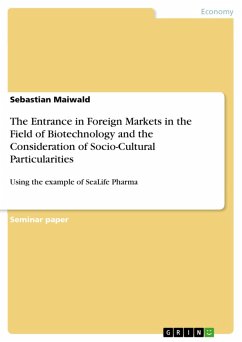Manipulation, treachery, and unethical conduct for the sole purpose of furthering one's personal goals. Having read this sentence, some people may almost instantaneously think about a person called Niccolò Machiavelli. Others, who might be less familiar with the Florentine political writer, may still be able to conjure up a mental image of a kind of person embodying these traits. Whether Machiavelli's treatises can really be directly interpreted in this direction or not is debatable. However, what caught my interest was how Machiavelli's ideas fit into the context of culture. As a young adolescent, I had bought Machiavelli's book and read it without truly grasping its content. Yet, a certain impression remained. Years later, when studying international business at Johannes Kepler University (JKU) Linz, I developed an increasing interest in culture. After several classes on cultural dimensions and how they could be used to measure culture, I decided to try to explore the relationship between them and Machiavelli's ideas and how this knowledge could be used in international business as topic of my diploma thesis. The final result has become an in-depth, research-based analysis of the relationship between Machiavellianism and culture.
Dieser Download kann aus rechtlichen Gründen nur mit Rechnungsadresse in A, B, BG, CY, CZ, D, DK, EW, E, FIN, F, GR, H, IRL, I, LT, L, LR, M, NL, PL, P, R, S, SLO, SK ausgeliefert werden.









